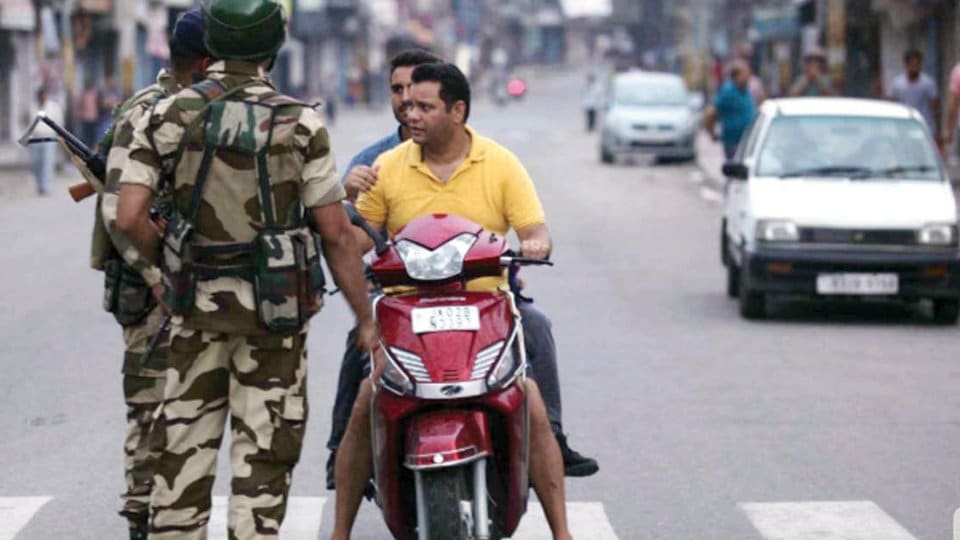New Delhi: Leaving aside all the Constitutionalese, Article 370 was, in essence, a compact between the Kashmiri political élite and the Indian Republic — in return for wide-ranging powers, the local élite agreed to Indian rule. Today, that deal has ended. This will have a number of consequences, say experts.
First, India has always governed in Kashmir through local parties. In 1953, when Sheikh Muhammad Abdullah was seen as supporting independence, he was arrested — but other local leaders, like G.M. Bakshi and G.M. Sadiq, came on board with India. Now, New Delhi is saying it doesn’t need the help of a local élite and that it’ll run the show directly, as a Union Territory (UT). No one can say or predict how this will pan out.
Second, the bifurcation of Kashmir — many Ladakhis have wanted out of Jammu and Kashmir since at least 1964, when the regional leader Kushak Bakula led an agitation for a separate, centrally-administered province. The then Prime Minister P.V. Narasimha Rao conceded the region some autonomy in 1994. Now, it’s become a Union Territory. Kargil’s Shia always resisted this demand, fearing domination by Leh’s Buddhists. The new UT will be walking a communal tightrope.
Third, the future plans. Creating the new Union Territory of Jammu and Kashmir doesn’t change anything on the ground.
The reason investment and migrants haven’t flowed in isn’t Article 370, it’s because the economy, both agricultural and industrial, is in a shambles. China ploughed in over $1 trillion into Xinjiang, where the unemployment rate is now below 3 percent. India doesn’t have that kind of money, and then, there’s the problem of Pakistan-based terrorism. For anything to really change, terrorism has to end.
So, the net-net: There’s no doubt today’s decisions were a turning point in Kashmir. But we still don’t know where things will turn to. Managed well, the Government could break down identity politics, and spur on economic growth. Managed badly, the entire political spectrum in Kashmir will unite against India — with fateful consequences, Constitutional experts add.








Recent Comments